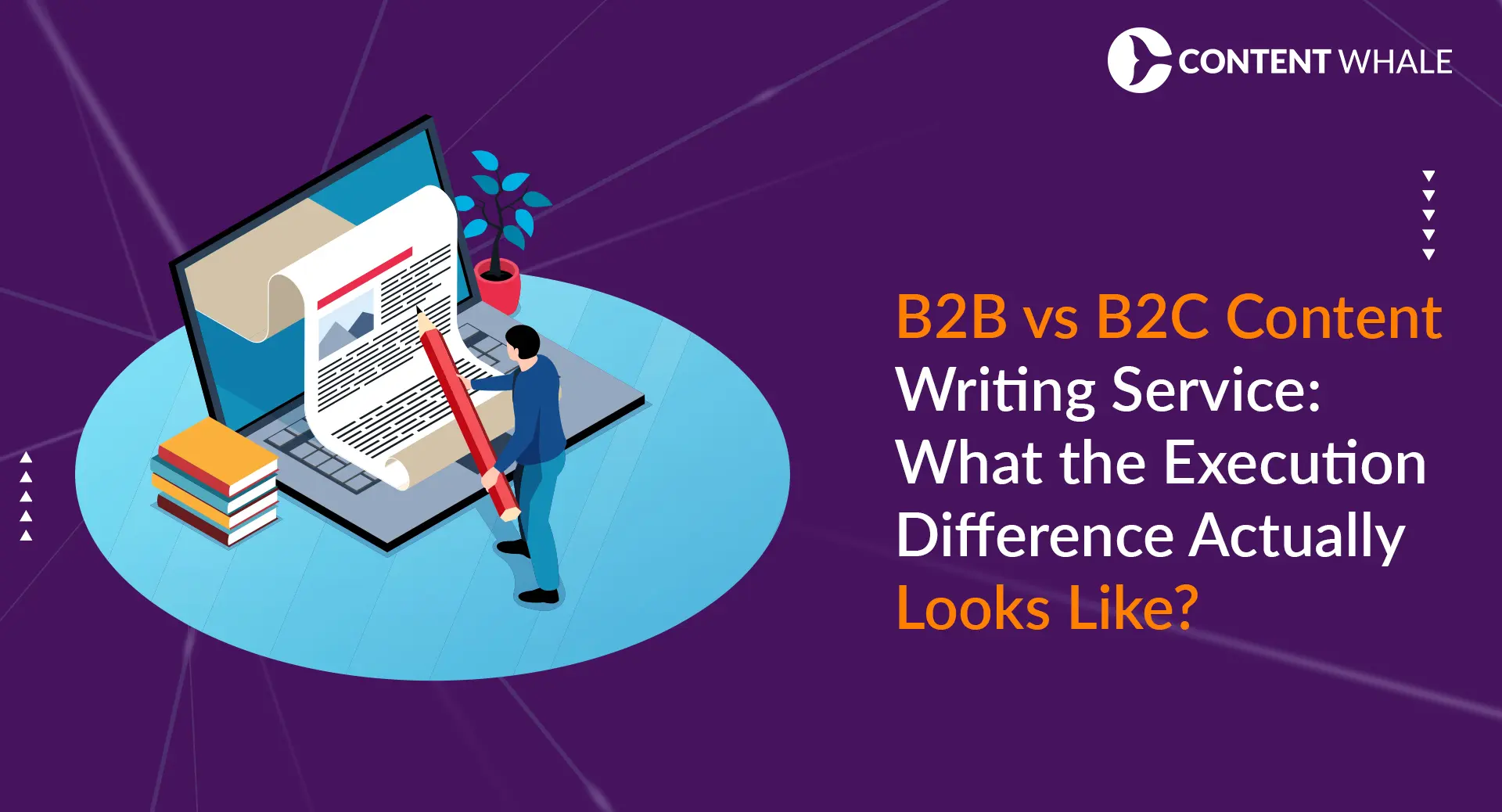Quick Summary
Discover essential SEO strategies for small businesses to enhance your online visibility and attract more customers. Learn the importance of local SEO, optimizing your Google My Business listing, conducting effective keyword research, and creating high-quality, localized content. Follow practical SEO tips to improve your search engine ranking and drive more website traffic. These small business strategies support overall business optimization and help your business thrive in a competitive market.
Understanding SEO for small businesses is essential in today’s digital age. Effective SEO strategies can significantly boost your online visibility, drive more website traffic, and improve your search engine ranking. According to recent data, 68% of online experiences begin with a search engine, and organic search contributes to 53% of all website traffic. For small businesses, focusing on local SEO is particularly beneficial, as nearly 46% of all Google searches have local intent.
Implementing small business SEO involves optimizing both on-page and off-page SEO elements, ensuring your website meets search engine standards. By incorporating relevant keywords and creating high-quality content, small businesses can compete effectively in the digital market.
This blog will provide practical SEO tips and small business strategies to help optimize your website, enhance your local search optimization, and improve overall business optimization.
From claiming your Google My Business listing to conducting thorough keyword research, these strategies are designed to help your small business thrive online. Let’s dive into actionable steps that can make a significant impact on your online presence.
1. Claim and Optimize Your Google My Business Listing

Claiming and optimizing your Google My Business (GMB) listing is a vital step for local SEO. Start by claiming your listing through the Google My Business website and verifying it with Google. Verification can be done via phone, email, or postcard. Once verified, ensure that your business information is accurate and complete, including your address, phone number, and business hours.
Regularly update your listing with new photos, special offers, and posts to engage with potential customers. Adding high-quality images can attract 42% more requests for directions and 35% more click-throughs to your website. Responding to reviews promptly and professionally also helps improve your local SEO and build customer trust. Positive reviews and customer interactions can significantly boost your online visibility.
An optimized GMB listing enhances your presence in local searches and can drive more foot traffic to your business. Utilize insights from GMB to understand how customers interact with your listing and adjust your small business strategies accordingly.
2. Conduct Local Keyword Research

Local keyword research is essential for targeting customers in your area and enhancing SEO for small businesses. Start by using tools like Google Keyword Planner, Moz, or Ahrefs to identify relevant local keywords. Focus on keywords that include your location, such as “best coffee shop in [city]” or “affordable plumber in [neighborhood].”
Incorporating these local keywords into your on-page SEO elements like title tags, meta descriptions, headers, and content helps improve your search engine ranking. For example, adding your city or neighborhood to your service descriptions can make your business more visible to local searchers. It’s also beneficial to use keyword variations to capture a broader audience and avoid keyword stuffing.
To stay relevant and competitive, regularly update your keyword list based on seasonal trends and customer behavior. Effective local search optimization not only improves your online visibility but also attracts more targeted website traffic, leading to better business optimization.
3. Create High-Quality, Localized Content

Creating high-quality, localized content is essential for small business SEO. Focus on producing content that resonates with your local audience. This can include blog posts about local events, articles highlighting community news, or videos showcasing your involvement in local activities. Engaging localized content not only attracts more website traffic but also helps improve your search engine ranking.
Incorporate local SEO keywords naturally into your content to boost your online visibility. For instance, if you have a bakery in Austin, write blog posts about “best pastries in Austin” or “local events in Austin featuring our bakery.” These efforts enhance your local search optimization and make your business more relevant to local searchers.
Regularly updating your content ensures it remains relevant and engaging. Fresh content signals to search engines that your website is active, improving your search engine ranking. Effective small business strategies like these can significantly enhance your business optimization and overall small business marketing efforts.
4. Optimize On-Page SEO Elements

Optimizing on-page SEO elements is vital for improving SEO for small businesses. Key elements to focus on include title tags, meta descriptions, headers, and content. Start by incorporating relevant keywords naturally into these elements to enhance your search engine ranking. For instance, use primary keywords in your title tags and meta descriptions to help search engines understand your content’s relevance.
Ensure your website is mobile-friendly, as more than half of all searches come from mobile devices. Google prioritizes mobile-first indexing, meaning it uses your site’s mobile version for ranking. Fast page load speeds are also crucial; a one-second delay in page load time can lead to a 7% loss in conversions. Tools like Google PageSpeed Insights can help you identify and fix issues that may be slowing down your site.
Incorporate local SEO keywords into your headers and content to improve local search optimization. Effective small business strategies like these enhance your online visibility and drive more website traffic, leading to better business optimization.
5. Build and Manage Local Citations

Building and managing local citations is essential for effective SEO for small businesses. Local citations are online mentions of your business’s name, address, and phone number (NAP) on various directories, websites, and social platforms. These citations help search engines verify your business information and improve your local SEO.
Start by listing your business on popular local directories such as Yelp, Yellow Pages, and industry-specific sites. Consistency is key—ensure that your NAP information is identical across all listings to avoid confusion and maintain search engine ranking. Inconsistent citations can negatively impact your online visibility.
Update and manage your citations regularly to keep your information accurate. Use tools like Moz Local or Yext to find and correct any discrepancies. Accurate and consistent citations can enhance your local search optimization and drive more website traffic.
Incorporating this strategy into your overall small business marketing plan supports better business optimization and improves your presence in local search results.
6. Encourage Customer Reviews and Testimonials

Encouraging customer reviews and testimonials is a powerful strategy for small business SEO. Positive reviews not only build trust and credibility but also significantly boost local SEO. According to recent data, 63.6% of consumers check Google reviews before visiting a business. This makes managing your online reputation a key component of your small business strategies.
Start by asking satisfied customers to leave reviews on your Google My Business listing. Make the process simple by providing direct links in follow-up emails or on your website.
Responding to reviews, both positive and negative, shows that you value customer feedback and are committed to improving their experience. This interaction can improve your online visibility and search engine ranking.
Incorporate customer testimonials on your website to enhance on-page SEO. Authentic testimonials add value to your content and can increase website traffic.
Effective business optimization through reviews and testimonials is a practical SEO tip for improving your small business marketing and attracting more customers.
Conclusion

Implementing a comprehensive SEO strategy for small businesses is essential for improving your online visibility and attracting more customers. Optimizing your Google My Business listing, conducting thorough keyword research, creating high-quality localized content, and focusing on both on-page and off-page SEO can significantly enhance your search engine ranking.
Building and managing local citations, as well as encouraging customer reviews, are effective small business strategies that contribute to better local SEO. Investing in these SEO tips will drive more website traffic and support overall business optimization, helping your small business succeed in a competitive market.
FAQs
Why is SEO important for small businesses?
SEO for small businesses is crucial because it improves online visibility, increases website traffic, and enhances search engine ranking, leading to more customers and sales.
How can I improve my local SEO?
Improve your local SEO by claiming and optimizing your Google My Business listing, conducting local keyword research, and ensuring consistent NAP (Name, Address, Phone Number) information across all local citations.
What are some effective ways to get customer reviews?
Encourage customer reviews by providing excellent service, asking for feedback directly, and making it easy for customers to leave reviews through direct links.
How often should I update my website content?
Regularly updating your content keeps it relevant and engaging. Aim to update or add new content at least once a month to maintain a strong online visibility and search engine ranking.
Can hiring a professional content writing service benefit my small business?
Yes, professional content writing services can create high-quality, SEO-optimized content that enhances your small business marketing efforts and drives more website traffic.





